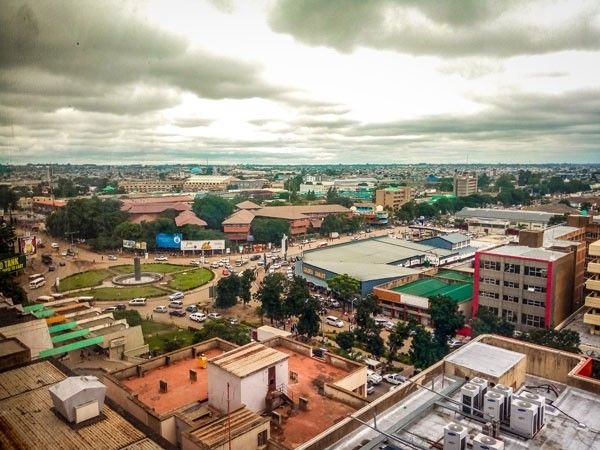The Law Association of Zambia (LAZ) has voiced concerns over several provisions in Zambia’s newly enacted Cyber Security Act, which it believes could undermine fundamental rights, such as privacy and freedom of expression. In a detailed statement, LAZ reviewed the progress of the law, highlighting its reservations expressed in December 2024 about certain provisions threatening democratic values.
While the law’s consultative process was welcomed, LAZ argued that the concerns raised by various stakeholders, including itself, were not adequately addressed. The Association warned that the law infringes on citizens’ rights, hinders press freedom, and poses a threat to Zambia’s democracy.
The Act, which came into law in April 2025, includes provisions for severe penalties, including fines and imprisonment, for individuals found violating its terms. It also grants the government the power to intercept and surveil all electronic communications, such as calls, emails, and online messages.
Spuki Mulemwa, a Western Province coordinator for the ruling party, has defended the law, describing it as essential for protecting citizens from cyberattacks by “disgruntled elements” plotting regime change. However, LAZ and other legal voices have expressed concern about the broad and vague definitions within the law, which could allow the government to suppress dissent and curb free speech.
Another contentious issue is the establishment of the Zambia Cyber Security Agency within the Office of the President, raising concerns about governance, independence, and oversight. The agency’s operation under the President’s direct control has led to fears that cybersecurity measures could be used as a political tool rather than a safeguard for national security.
In response to the perceived overreach, LAZ has announced plans to petition the High Court, seeking a review of the law’s constitutionality. The Association maintains that the law’s provisions infringe on the constitutional rights of Zambian citizens and threaten a free press.
The law was signed into effect by President Hakainde Hichilema on April 8, 2025, with minimal publicity, leaving many Zambians unaware until alerts were issued by foreign embassies about its intrusive nature.
















car rental oman muscat